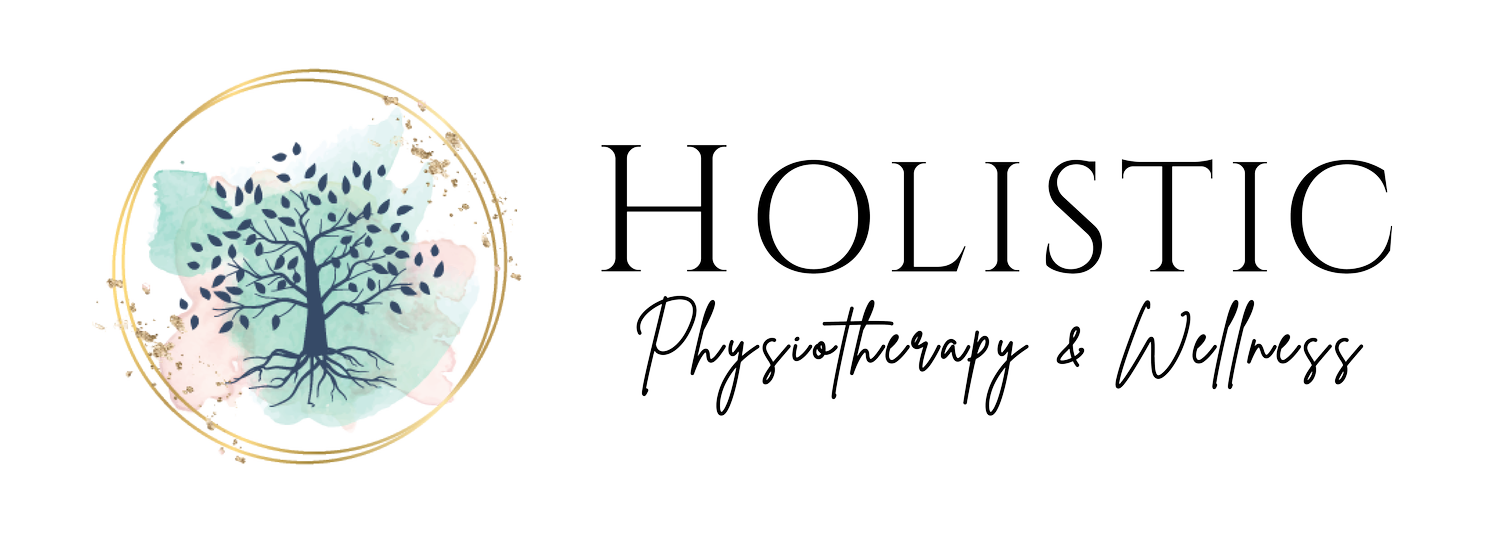PCOS and Naturopathic Medicine
Written by Dr.Stephanie Liebrecht, Naturopathic Doctor | September 29, 2021
Polycystic ovarian syndrome (PCOS) is the most common menstrual related diagnosis in women of reproductive age. Typically symptoms first appear in adolescence, however some women begin to develop symptoms in their early to mid 20’s. Although PCOS is named after the presence of multiple cysts on the ovaries, it really is a collection of symptoms.
To receive a diagnosis of PCOS following the current standards, one must have 2 of the following 3 criteria:
Absent menses or irregular cycles (>35 days in length).
Elevated androgens in blood work, or physical symptoms of androgen excess ex. acne (especially along cheeks/jawline), hirsutism (darker hair growth on face/body), hair thinning on scalp (female patter hair loss).
Multiple cysts in the ovaries (polycystic ovaries) found on pelvic ultrasound.
I follow this criteria to diagnose women with PCOS using Naturopathic Medicine, but there are also times I see women who display different presentations of PCOS. Due to this, there may be some uncertainty from a health care provider to officially diagnose PCOS, or take longer to receive a diagnosis of PCOS.
One example that may prolong a diagnosis is having a regular cycle. It’s often an irregular or absent period that brings women into their doctor’s offices, or a clue to health care providers. I’ve worked with women who do have regular cycles (ie. 28-30 days in length) but have other symptoms of PCOS, including androgenic acne and hirsutism. These symptoms will lead me to further investigate for PCOS.
In women, the main role of luteinizing hormone (LH) is to stimulate ovulation. In PCOS, LH is typically found to be elevated in blood work and is a main factor in an-ovulation. When assessing blood work, LH is found to be 2-3 times higher than FSH. It is important to test FSH and LH on certain days of the cycle to properly assess this.
Androgenic hormones are referred to as “male hormones”, however both men AND women make androgens - men just happen to make more of them. Testosterone and Dihydrotestosterone (DHT) are the two most potent androgenic hormones, with DHT being the most potent/active and argued as the main hormone causing hormonal acne, hirsutism, and female pattern hair loss. Other common androgenic hormones include DHEA, DHEA-S, and Androstenedione. Testosterone is the most commonly tested androgen to diagnose PCOS, however in my clinical experience, there have been cases where Testosterone levels are “normal” (based on the reference range) and it’s other androgenic hormones that are elevated! This can explain why some women still experience androgenic symptoms even though their blood work shows normal Testosterone. This is why it can be beneficial to run thorough blood work for hormones to see the bigger hormone picture.
A great option for in-depth testing is either the DUTCH test by Precision Analytical or the CHI test by Rocky Mountain Analytical. Both tests are 24hr urine collections done at home which provide thorough information of your hormones including estrogen (all 3 forms), progesterone, testosterone, DHT, DHEA-S, cortisol, breakdown pathways of the estrogens, and more. Basic hormone testing of estrogen (1 form), progesterone, and testosterone can be done through your primary health care provider, as well as a referral for a pelvic ultrasound to find any cysts on the ovaries.
Although PCOS is very common, it can sometimes be missed due to some women having different presentations from the classical description. If you are wondering whether you may have PCOS, or if you have been diagnosed with PCOS but have questions about how naturopathic medicine can help manage your cycles and symptoms, let’s chat!
Dr. Stephanie Liebrecht
Naturopathic Doctor, Holistic Physiotherapy & Wellness
References:
Rocky Mountain Analytical:
https://rmalab.com/test/comprehensive-hormone-insights/?myProvince=other
Precision Analytical:


